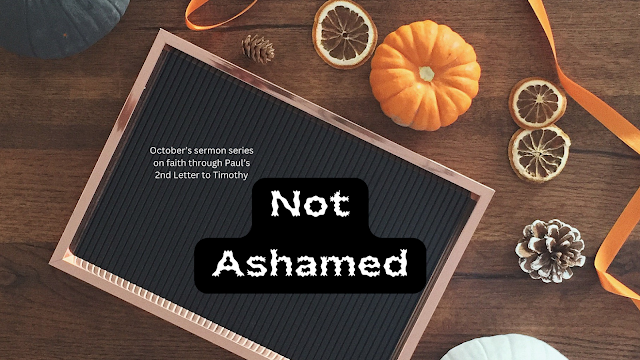Joy As a Crown - Isaiah 35:1-10 (Advent 3A)
Let me start out this morning with what seems to be an obvious question - we are about two weeks from Christmas - how many of you are FILLED to the BRIM with JOY? Now, we are an authentic community, so let’s be real with one another - is there anyone here who can say they are overflowing with joy that we can come to you to be filled? It’s hard not to have your heart be moved by our scripture today - this whole 35th chapter of Isaiah. Even the title makes our ears perk up a little bit - the Joy of the Redeemed. Well, I’d like to be redeemed, and I’ll have some of that joy too, please? I’m pretty sure that’s what we are all doing here. Starting with this scene in the desert, that this land will be GLAD, and rejoice and blossom. Why? Because the Lord is coming. The barren, the weak, the scared, the sick, all will be redeemed. They will be able to wear this joy as a crown. Verse 10, especially the end, is one that I’d lik...




Comments
Post a Comment